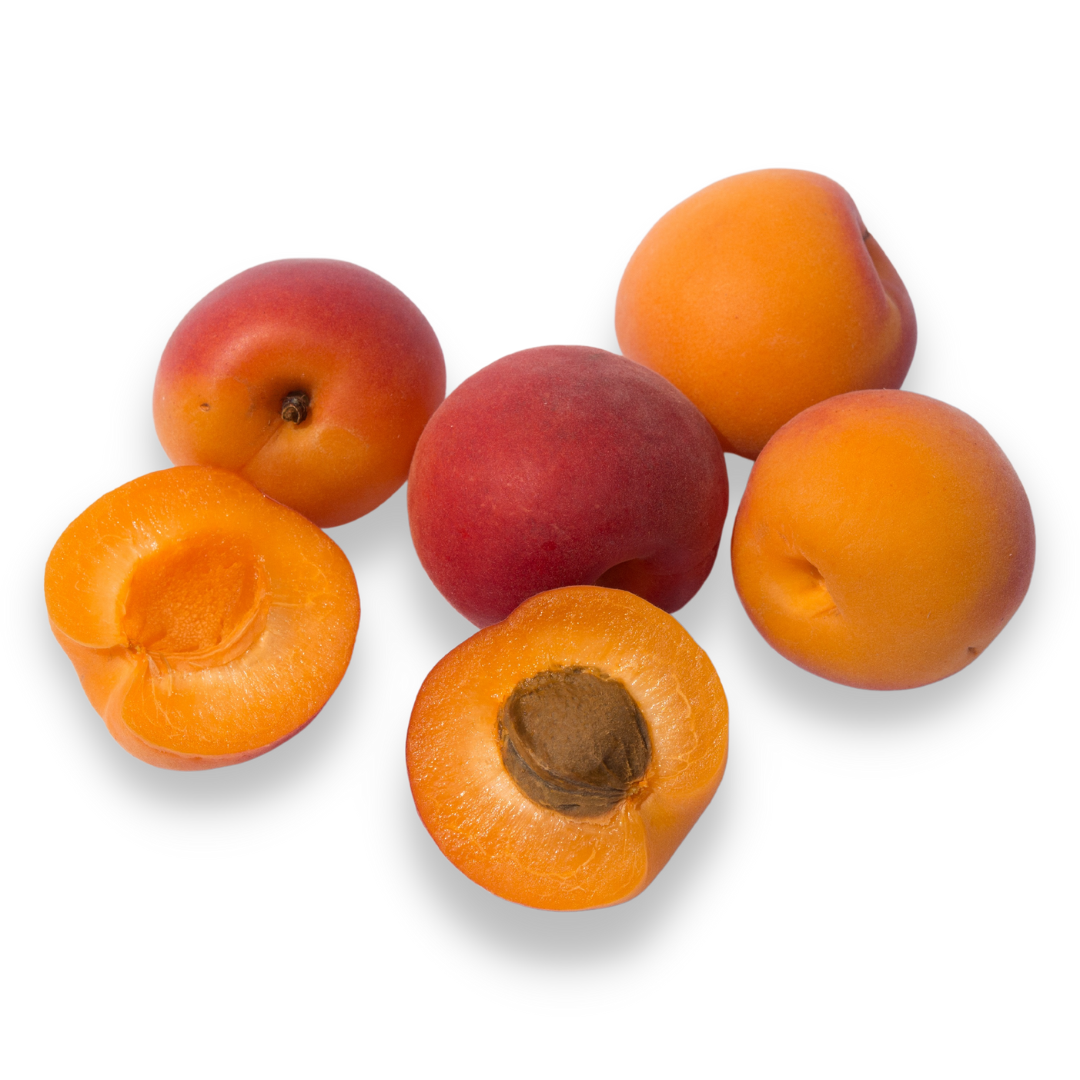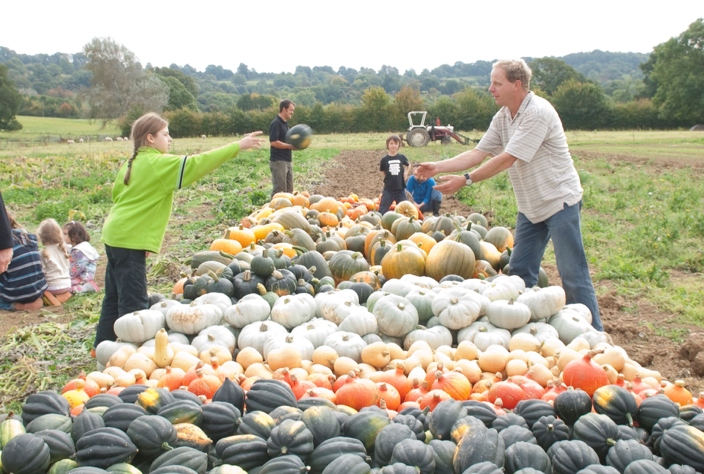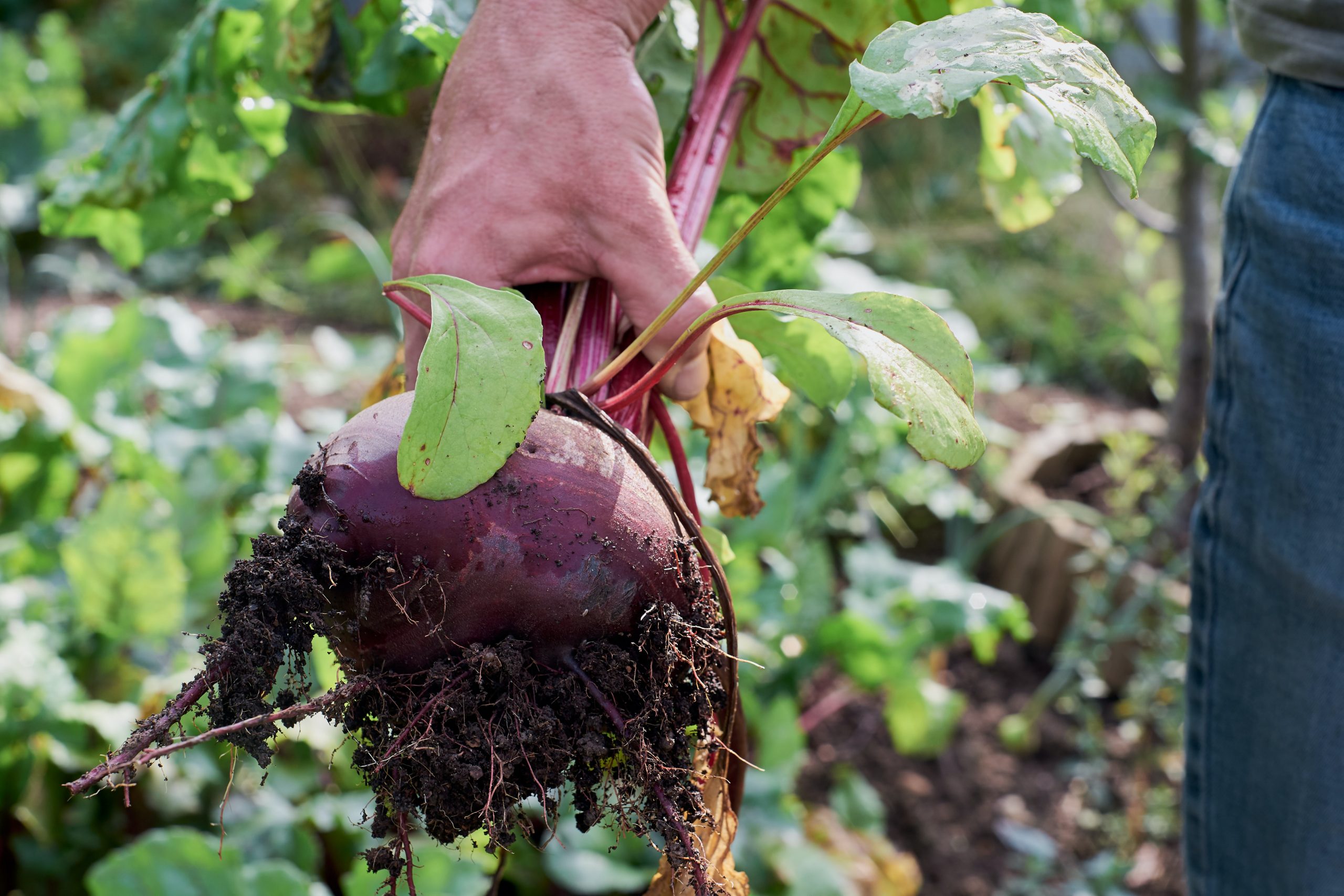
Introduction
There would’ve been a time that eating seasonally was simple. But with a globalised food system and an abundance of unseasonal produce ever-available to us, it’s not always so straightforward. In this blog post, we’ll look at what eating seasonally actually is, why it’s so great and how to go about doing it.
What is seasonal eating?
Firstly, what isn’t seasonal eating?
It might seem like a silly question to ask, but everything is in season somewhere – so seasonal eating isn’t exactly what it says on the tin.
Even though an avocado is in season in the summer in Peru, eating it in July in the UK is not seasonal eating. And technically, eating British grown onions in February is not seasonal eating either – autumn will have been when the onions were ready to harvest, but over winter storage means they can be eaten a few months later.
In both of these situations there are cons, like greater environmental impact and lower nutrition. And eating seasonally addresses these disadvantages, plus more. So let’s explore what seasonal eating actually is and what the benefits are.
So, what is seasonal eating?
Seasonal eating is when produce is grown and harvested on the land local to you and eaten in that same season that it’s been grown and harvested. So for someone living in the UK in the month of May, having your poached eggs with freshly harvested British asparagus definitely ticks the box.
Why are foods seasonal?
Every fruit-bearing plant wants to bear fruit (or veg!). But there are ideal conditions for every plant to grow in and different temperatures and humidities trigger different processes e.g. some varieties of orange will only ripen once the temperature drops, even though their trees bask in the heat and humidity all summer.
What’s so great about eating seasonally?
It tastes better!
To prepare for long-distance travel, produce can be picked well before being ripe – in this state it’s relatively hard, meaning less vulnerability to bruising and spoiling. But saying that, journeys can be longer than expected so by the time it gets to you, the produce might already be limp and wrinkly. And altogether this means less tasty food, because we all know a hard peach or a floppy Little Gem just doesn’t do the trick.
Longer journeys also mean refrigeration. And if you didn’t already know, some food loses its flavour once it’s been in the fridge. Take tomatoes – a prime example which are far superior when kept in the fruit bowl.
“Some food loses its flavour once it’s been in the fridge.”
But it’s not our taste buds that need satisfying – eating with the seasons can nourish the soul! We enjoy zingy salads in the summer because they can be eaten cold, whilst starchy veg can be transformed into rich stews when we need comforting in the winter.
It’s more nutritious
There’s more than just pleasure to eating seasonally – it can actually counteract some of the problems we face each season.
As we’re well aware, all our summer sunbathing means sun damage – but lo and behold, nature’s got a surprising solution! Stoned fruits, like apricots and peaches, are packed with beta-carotenes – known to provide natural sun protection. And with colds rife in winter, in season citrus fruits are high in vitamin C – helping us ward off the nasties.

Like we established earlier, unseasonal food is often stored for several months and/or prematurely picked to prep for long-haul transportation. Nutrients (like vitamin C) decline after harvest and will continue to as they’re stored, whether in warehouses or in their transport vehicles. On top of this, fruit and veg contain the most nutrients when they are at their ripest. So the fresher, the more nutritious, the better.
It’s (maybe surprisingly) cheaper
With the logic of economics: when there’s an abundance of something, it becomes cheaper. So of course, when there’s a tonne of blueberries in August, they’ll be much cheaper to buy than in January.
“When you buy seasonally, you’re buying more so for the product than for the production.”
Seasonal eating is also cheaper simply because the production and logistics costs are a lot less. There’s no need for long-haul transportation or long periods of refrigeration and storage. So essentially when you buy seasonally, you’re paying more so for the product than for the production.
Let’s talk local
By definition, seasonal food is local. But why is this a good thing?
Firstly, by buying local, you’re putting money back into your local economy. Really it goes without saying what benefits a boosted local economy can bring. But quite simply, it means money for your community as a whole and for the individuals in it – for your neighbour to feed their family and pay their bills, rather than for another billionaire to buy their third superyacht.
Local also means produce is protected by local laws and regulations.
“It means money for your community as a whole and for the individuals in it.”
There are certain chemicals that are banned for use in the UK (apparently that doesn’t stop us from shipping them for use elsewhere in the world – but that’s a whole other conversation).
And whilst there’s a tonne of reasons why chemicals shouldn’t be going anywhere near our food, some chemicals are worse than others. So the non-organic British stuff might be better than non-organic from elsewhere.

The same goes for organic. We have amazing organisations like the Soil Association to certify that our food is organic, but other countries don’t have such thorough certifications. So it can be difficult to be absolutely certain that produce from elsewhere is 100% organic.
Plus, when a crop is grown in season in its native soil, it requires less effort, energy and resources. Food grown out of season requires a lot more care – not only in terms of storage, refrigeration, and packaging post-harvest, but before that too.
Whilst it grows, it might need extra input of nutrients and minerals currently missing that it would otherwise get from its native soil. It also might need its conditions regulated – like temperature and humidity. Altogether more work than is necessary!
Eating seasonally is better for the environment
Let’s first address plastic packaging. It takes a lot of energy to produce a plastic packet to wrap a cucumber in. And after that we’re left with waste that won’t decompose for hundreds of years.
“A local cucumber just won’t need to be wrapped in plastic.”
But packaging is often used to prevent food waste e.g. when one unwrapped cucumber goes mouldy, the mould will spread to the others meaning you’re left with a truckload of mouldy cucumbers – this doesn’t happen when they’re wrapped in plastic! And a longer journey means more chance for spoilage, so a local cucumber just won’t need to be wrapped in plastic to prevent this problem.
We’ve already touched on this a little, but to pull the strings together – less artificial temperature and humidity regulation during growing, less storage refrigeration, less packaging to prevent spoilage, less transportation, etc. means less energy and burning of fossil fuels!
It’s personally rewarding
There is something undeniably spiritual about eating with the seasons. It connects you with the land you live on. The soil you walk on is that same soil that your food grows from. And there’s a symbiosis in that, which can make you feel a greater sense of belonging – an essential aspect of our wellbeing.
It might help us find our place in the world and become a placeling – finding and understanding our culture and identities from the land we live on and how we live on it. And all this is likely to spillover into more practices which care for your local environment.
“It might help us find our place in the world.”
Seasonal foods are an essential part of short food supply chains. Along with a whole host of other benefits, short supply chains can be personally beneficial. Take the relationships that can develop between those eating the food and the people who grow it, for example.
Growers often offer opportunities to get involved on the farm and many local people jump at the chance. Just imagine the look on the face of a 5-year old who tastes peas from a pod she has just picked for the first time!
Short food supply chains also benefit the farmers – traditionally the loneliest of professions. But when they receive direct feedback from the people eating their food it gives them a huge boost to their wellbeing. And happy farmers grow better food and the upward spiral continues!

It’s uncomplicated
Sometimes we’re faced with too much choice. Just think about how much more difficult it is to choose something to watch from the hundreds of options on Netflix compared to when there were just five channels. We’re faced with the paradox of choice in so many aspects of our life right now and food is not an exception.
At first glance, being limited to what’s in season might seem like a negative. But when there’s so much choice, choosing what to eat and cook can lead us to feeling overwhelmed and making bad choices or choices we’re not happy with.
When you eat with the seasons, you’ve had your choices made for you. So with this extra head space, you’re more likely to cook and maybe even get really creative with what’s available.
“You’ll find yourself eating a more diverse diet over the year.”
Even within these “limitations”, you’ll find yourself eating a more diverse diet over the year! And with a diverse diet you get a greater range of nutrients. So instead of having strawberries with your breakfast every day, you might eat blackberries in the autumn, satsumas in the winter, rhubarb in the spring and have your strawberries in the summer.
Tips for eating seasonally
Shop local!

The most simple and easiest way to eat what’s in season is to shop with your local food enterprises and farmers’ markets. They will stock locally grown produce, which naturally will be in season in the local area.
You can find food enterprises local to you using our local food map or find a Better Food Trader here. And, you can search here to find and shop online with amazing local food enterprises close to you.
Forage
If you’re into foraging, whatever you find growing will also naturally be in season. There was an abundance of wild garlic in the Spring for example, and we’ve currently got elderflowers coming out of our ears!
Do your research
By researching and memorising what is/isn’t in season, you can shop seasonally anywhere. So if you shop at the supermarket or anywhere else that sells unseasonal produce, you can make sure you’re only buying what’s in season.
Use a calendar
Here’s a wonderful resource made for the Eat Seasonably project by Behaviour Change.
Grow your own!
If you’ve got the time, energy and resources, we can’t recommend growing your own enough.
And if that just doesn’t feel accessible to you, consider getting involved with your local food enterprise or community garden.

Remember, something is better than nothing!
Eating seasonally can be achievable for everyone if we remind ourselves that doing a little bit is better than doing nothing at all.
For some people, and at some points in our lives, forming new habits and cooking fresh food is inaccessible. If this resonates with you, remember that even if you incorporate one or two seasonal items into your weekly shop, this is a wonderful thing to do and miles better than not doing anything.
“Even if you incorporate one or two seasonal items into your weekly shop, this is a wonderful thing.”
And if you’ve got the privileges of time, energy, resources and so on – we challenge you to whole-heartedly embrace the year’s rhythms by eating with the seasons!
Conclusion
So now you know all about eating with the seasons. Let’s have another quick look at why we’d want to do it:
- It tastes better
- It’s more nutritious
- It’s cheaper
- It boosts the local economy
- It’s protected by local regulations
- It’s better for the environment
- It’s personally rewarding
- It’s uncomplicated.
And with some of the tips and advice, you should be on your way to embracing seasonal eating! Good luck!
Want more?
Do you want access to delicious, seasonal and local food near you? Then check out the amazing community food enterprises on the Open Food Network and find one local to you.
Written by Liberty Morrison
Member of the Open Food Network UK Coordinating Circle and Community Building Circle.

